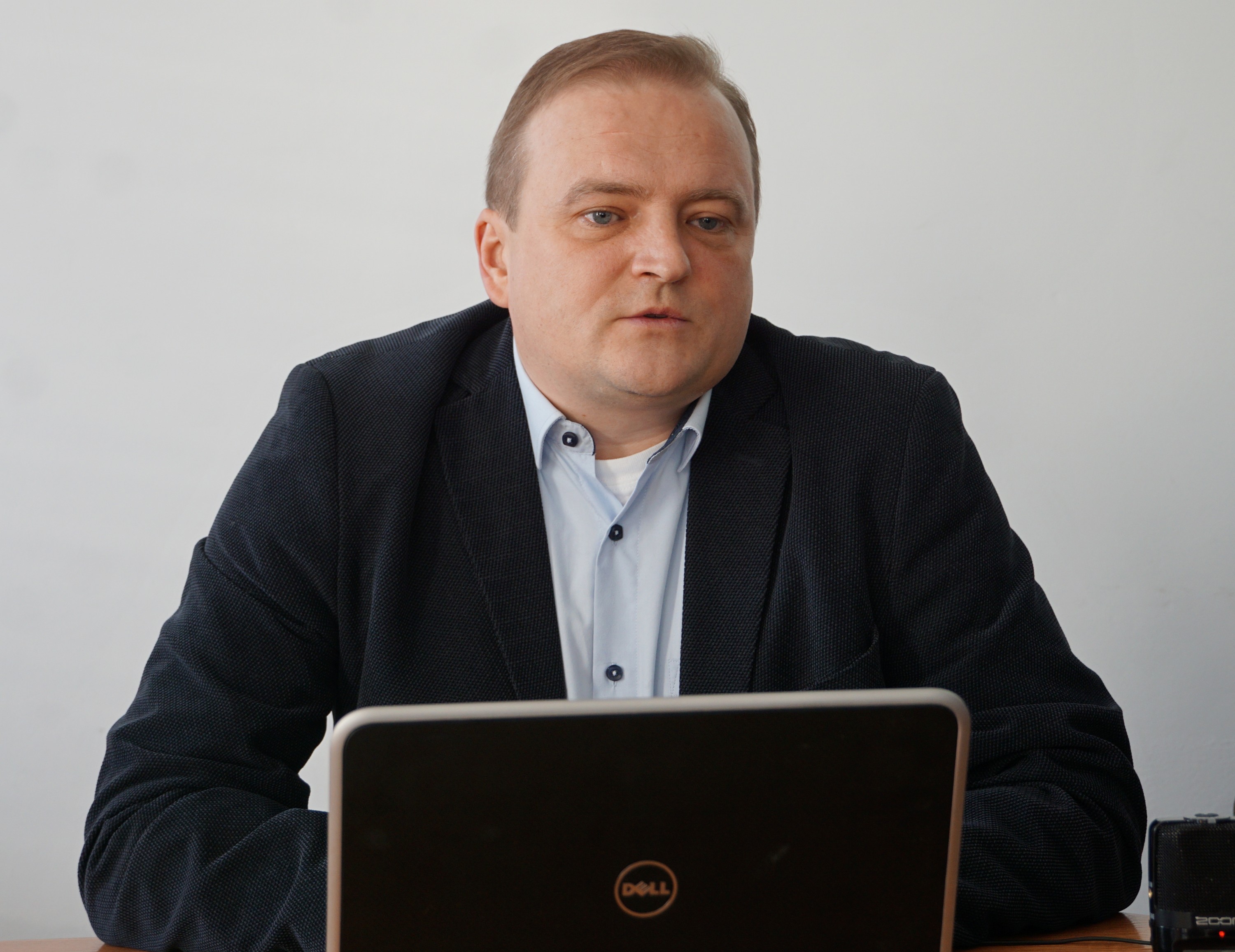UN Human Rights Committee rules in lawyer Aleh Aheyeu’s 2011 disbarment case
The Committee concluded that the “revocation of the author’s lawyer’s licence and the manner it was done reveal a grave and unjustifiable interference by the State party’s authorities with the fundamental principle of the independence of the legal profession.”
The decision was taken in response to Aleh Aheyeu’s complaint concerning the Minister of Justice ruling of February 14, 2011 ordering the annulment of the author’s lawyer’s license. The lawyer was penalized for a comment to the euroradio.by news website, which, among other things, alleged that his then-client and former presidential candidate Ales Mikhalevich was not allowed to receive parcels from his family and see the lawyer in the first three days of his detention at the KGB pre-trial center.
The Ministry of Justice reacted to the comments by saying that the lawyer’s “statements went beyond the limits set for the work of the advocacy, the provisions of the Law on advocacy, and contradicted the rules on lawyers’ professional ethics.”
In his complaint, Aleh Aheyeu claims that he was never notified of the verification proceedings of his work as a lawyer, nor was he told that the Ministry of Justice’s Qualification Commission was examining his case and thus he did not know about the case against him or how to mount a defense. The author further claims that other avenues existed, such as the disciplinary one before the Bar, which could have been but were not invoked in this case. In addition, the grounds for establishing the Qualification Commission by the Committee of State Security (KGB) remained secret. In this context, a number of professional documents was seized from the author’s office, such as clients’ contracts, personal accounts, monthly reports to the Bar on concrete cases, and the honoraria received, which were later used in the proceedings against him. Further, the author only learned from the head of the Bar on 14 February 2011 that his license was about to be annulled, shortly before the Ministry of Justice officially notified him of the annulment, on 16 February 2011.
In its Views adopted on July 15, 2021, the Committee notes the author’s claims that the assessment of his professional activities and the decision to cancel his lawyer’s license was carried out by an executive body, which bypassed the profession’s regulatory body.
In addition, the Committee considers that the very gravity of the sanction in the proceedings in question, which resulted in the revocation of the author’s license to practice law, required faithful adherence to and respect of all due process and fair trial guarantees.
“The Committee considers that such procedures were clearly arbitrary, biased, and in violation of the principle of independence of the legal profession, and thereby incompatible with the fundamental guarantees under article 14(1) of the Covenant, which require a fair hearing by a competent, independent and impartial tribunal established by law. In light of the above considerations, the Committee concludes that the facts as submitted reveal a violation of the author’s rights under article 14(1) of the Covenant,” the decision reads.
The Committee notes that the author has been sanctioned by the withdrawal of his license to practice law, in part for having made a public statement before an open mass media, regarding the rights of detainees to receive parcels. Among those detainees was the author’s client, a former presidential candidate, who was arrested at the end of the elections and kept in the detention center of the State Committee of national security, KGB. The Committee considers that the very fact that the author was sanctioned for having spoken to the media amounts to a restriction on his right to freedom of expression.
In accordance with article 2 (3) (a) of the Covenant, the State party is under an obligation to provide the author with an effective remedy. This requires it to make full reparation to individuals whose Covenant rights have been violated. Accordingly, the State party is obliged, inter alia, to take appropriate steps to provide the author with adequate compensation and any legal costs incurred by him and to ensure that the author’s lawyer’s license is restored. The State party is also under an obligation to prevent similar violations in the future. In this connection, the Committee considers that, pursuant to its obligations under article 2 (2) of the Covenant, the State party must review its legislation and practice, as applied in this case, with a view to ensuring that the rights under articles 19 of the Covenant are fully enjoyed in the State party.


















